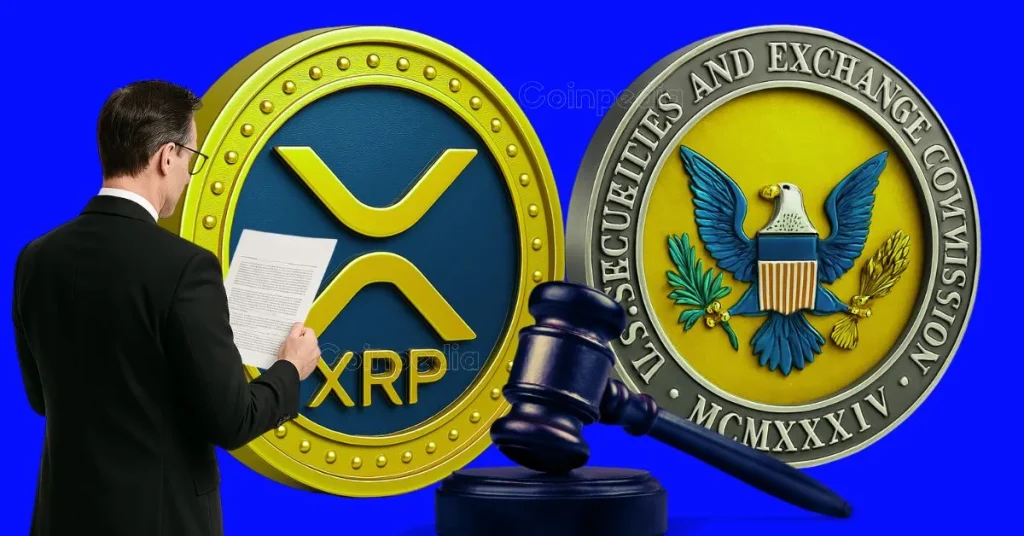European Commission President Ursula von der Leyen said on Saturday that Brussels will “use every tool” it has to counter China’s tightening control over critical raw materials, warning that the bloc is ready to respond if talks fail.
Speaking at the Berlin Global Dialogue conference, Ursula said China has “dramatically tightened export controls over rare earths and battery materials in recent weeks and months,” calling the move a “significant risk.”
According to Ursula, the European Union is working with G-7 partners on a coordinated plan and emphasized that “all instruments in our toolbox” are on the table. The remarks were first reported by Bloomberg.
This comes after French President Emmanuel Macron urged European leaders to consider invoking the bloc’s toughest trade measure against China, the Anti-Coercion Instrument, or ACI, if diplomatic efforts collapse. The tool, created to defend the EU from economic pressure, has never been used.
But with Beijing’s export curbs now threatening Europe’s access to vital inputs for electric-vehicle batteries and defense hardware, pressure is mounting for Brussels to act.
EU prepares to unleash its trade weapon
The ACI gives the bloc legal authority to retaliate against countries that use trade to apply political pressure. It was designed for exactly this kind of confrontation.
If the EU determines that it’s being coerced, it can impose tariffs on China’s exports, curb Chinese investment inside the bloc, and even bar Chinese tech firms from bidding on public contracts.
Brussels views the instrument less as a weapon and more as a warning, meaning its existence alone should make countries think twice before using trade as leverage.
But this time feels different. Ursula’s warning signals that patience is running thin.
Europe has been trying to persuade China to roll back its restrictions on exports of rare earths and battery materials, but Beijing’s new rules threaten to halt production lines across the continent, as industries from automakers to defense contractors depend on those inputs.
The European Commission says triggering the ACI would be a “significant escalation,” which is why it’s never been deployed, not even when Donald Trump, now back in the White House, threatened in 2018 to slap a 30% import tariff on EU goods.
Yet the risk to Europe’s economy is now far greater. With China’s export controls tightening by the week, the EU may have no choice but to act.
How Europe could decide to strike back
The ACI was proposed by the Commission in 2021, after years of tension with Washington and Beijing exposed Europe’s weakness to outside pressure.
That same year, China blocked trade with Lithuania over its ties with Taiwan, a turning point that pushed Brussels to draft stronger defenses. The new doctrine, known as Open Strategic Autonomy, gives the EU more independence in areas where it once relied on global partners.
Deciding to use the ACI won’t be quick. First, the Commission must investigate whether China’s actions count as coercion. If it does, it then sends a proposal to the European Council, which represents the 27 member states.
To pass, the measure needs support from 55% of countries, representing 65% of the EU population. That gives France and Germany enormous influence over the outcome.
If enough governments agree, the Council has 10 weeks to adopt or reject the proposal. The response could include tariffs, import bans, or limits on China’s market access. The whole process could take months as member states debate how far to go. But the tone from Ursula shows Brussels is running out of patience.
Sharpen your strategy with mentorship + daily ideas – 30 days free access to our trading program
Source: https://www.cryptopolitan.com/eu-vows-to-defeat-china-in-rare%E2%80%91earth-clash/


